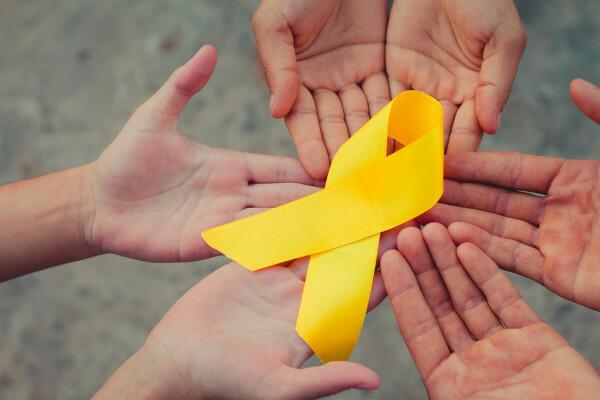The city of Manaus is completing 354 years today, October 24th. The city has many nicknames due to its imposing architecture and natural beauty, it can also be called Paris of the Tropics or Metropolis of the Amazon.
In order to celebrate this significant date and get to know more about the city, we went to talk to the Shaman Josafat Awyató descendant of the Mura ethnic group and raised on the banks of the Madeira River. Discover the stories he told us!
Identity and history of Manaus
Josaphat tells us that Manaus was born on the Rio Negro bar next to Nossa Senhora da Conceição. When the city was inaugurated, it was still called Cidade da Barra do Rio Negro.
The name Manaus was a way of paying homage to the indigenous people called Manaós who, according to Josafat, were the first to arrive in that region. Manaus means "Mother of the Gods". The Barés also lived in this region, but the tribute was paid to the Manaós.
Pajé continues the history of the city and says that the European influence on the city can be seen in the architecture and customs. The same happens with the
indigenous influences.Josafat tells us specifically about the French influence in the city, he said that until 1910 the main language spoken in Manaus was French. This occurred due to the large volume of Europeans who went to the city with extractive objectives.
Do not stop now... There's more after the advertising ;)
Manaus anniversary celebrations
Pajé said that both Manaus residents and tourists have a favorite place to celebrate the city's anniversary, the Edge of Ponta Negra. It is a 2 kilometer long area that has a football field, volleyball court, among other things. The avenue is also closed so people can walk and cycle.
Several bands of national relevance will play in the city, groups from Pará, Roraima and other states. Josafat highlights the presence of Boi Bumbá bands from Parintins. As the city is surrounded by rivers, there are riverside communities that support the city of Manaus with fruits, vegetables, fish and açaí, keeping the city's roots alive today.
At the same time, many celebrations are held in shopping malls and cultural events occupy space in the famous Amazon Theater. Josafat emphasizes the relevance of this place and the celebrations in the city of Manaus.
Josafat comments on a curious aspect of Manaus culture, he says that because the city is on the Equator, it is always hot. But that doesn't stop them from consuming too much Tacacá, a hot drink with tucupi, jambú leaf, shrimp and cassava gum which is found in kiosks surrounding the Teatro Amazonas.


